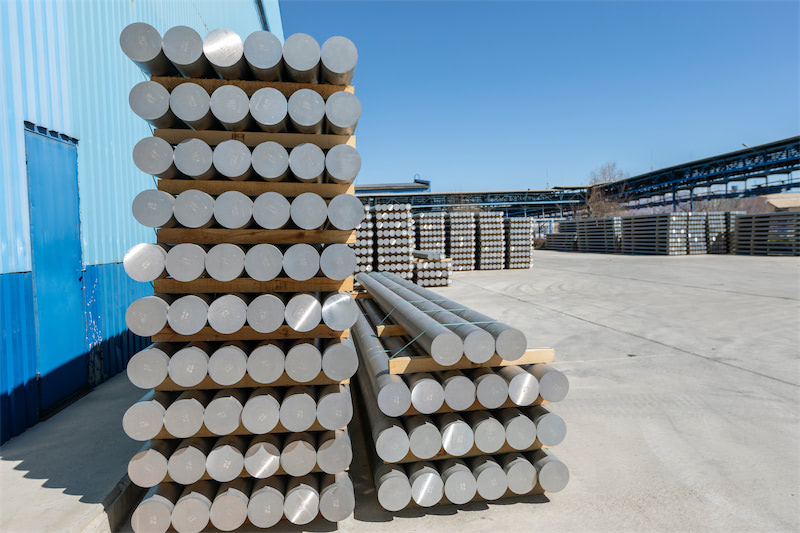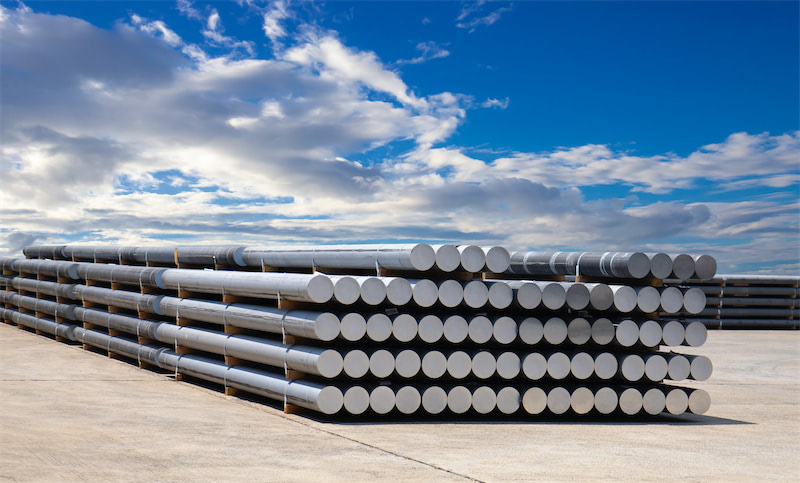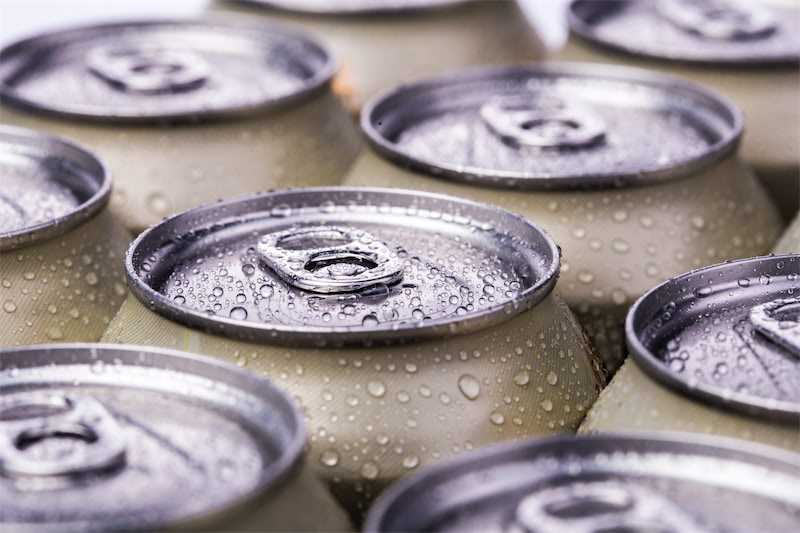The newly installed electric boiler at Hydro Brazil's Alunorte alumina plant has more advanced technology and greater steam production.
The Alunorte alumina plant in the Brazilian state of Para said that the electric boiler in operation has a rated capacity of about 95 tons of steam per hour and consumes 60 megawatts of electricity, which has the potential to reduce carbon dioxide emissions by about 100000 tons per year.
The project, with an investment of 42 million Brazilian reais, will be completed in about 20 months. Initially, the energy used by boilers will be purchased from the market (coal-fired boilers). In addition, the project is also studying the use of joint ventures and the long-term purchase of renewable energy. The Alunorte plant will also add two electric boilers, which are expected to start operation in 2024.
Carlos Neves, director of operations for Hydro Brazilian bauxite and alumina, said: "Innovation and technological development are the main drivers of the carbon dioxide-free process. Our future goal is to reduce global emissions by 10% by 2025 and 30% by 2030. The project plays an important role in the company's global climate strategy. "
Other emission reduction measures implemented by Hydro in Brazil
Natural gas as a substitute for fuel
The green energy mix of the Alunorte alumina plant is a key contributor to Hydro's global climate strategy and objectives. To this end, the Alnorte alumina plant is implementing a project to replace fuel oil with natural gas.
In 2021, Hydro announced its decision to invest 1.3 billion Brazilian reais in Alunorte to start using liquefied natural gas ((LNG)) as a source of energy. The company has signed a 15-year contract with New Fortress Energy.
Currently, the Alunorte plant is already preparing for the fuel conversion project for the energy efficiency benchmark in the aluminum industry and investing more in the project to accommodate the calcination process and part of the steam production process in order to convert petroleum fuel into liquefied natural gas as energy. The project is expected to begin operation in 2023.
Using biomass fuel as renewable energy
Another ongoing project is to use Brazilian berry kernels to make biofuels. In the project, the residual core of Brazilian berries is fully mixed with coal to produce fuel for Alunote boilers. The project, a partnership between Hydro and the Federal University of Apapa, with a total investment of 500000 Brazilian reais, will analyse the technical and economic requirements for the use of waste kernels of this fruit as biomass fuel on an industrial scale, as well as the social and environmental impacts of this biomass fuel.
Para is a world leader in the production and export of Brazilian berries. According to official figures, about 1.1 million tons of Brazilian berries are produced in Para in 2019.
Clean Energy Project in Paragominas Bauxite Mine
In 2021, Hydro announced the use of floating solar panels at the Paragominas bauxite mine. (UFPA) of the Federal University of Para will conduct research using a floating photovoltaic system at the proving ground of Minera ã o Paragominas. The main goal of the project is to provide a new energy source that can meet the consumption of some mines themselves, and to reduce the evaporation of mine water sources. The project has an initial investment of about 1 million Brazilian reais and the study will last for two years.



